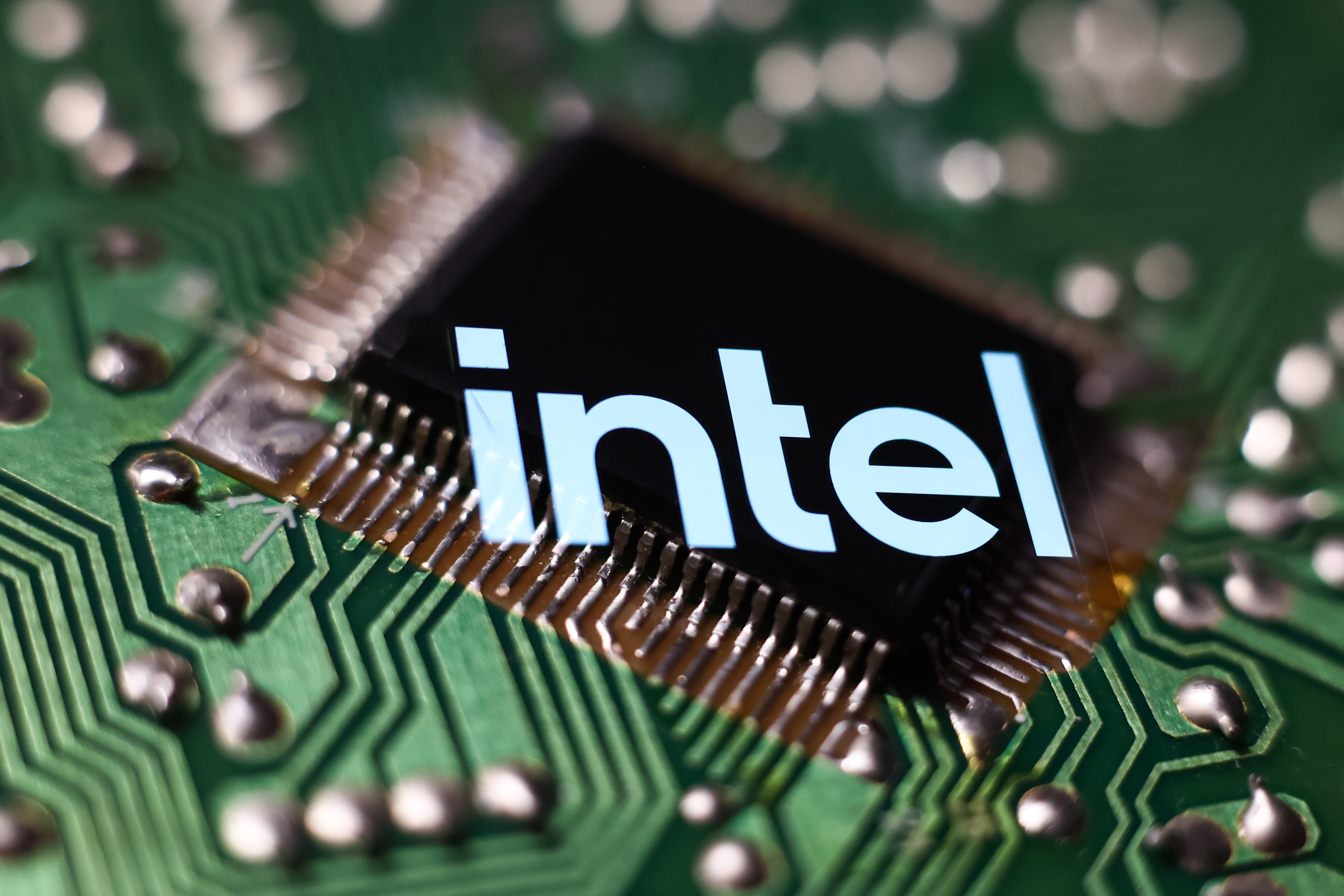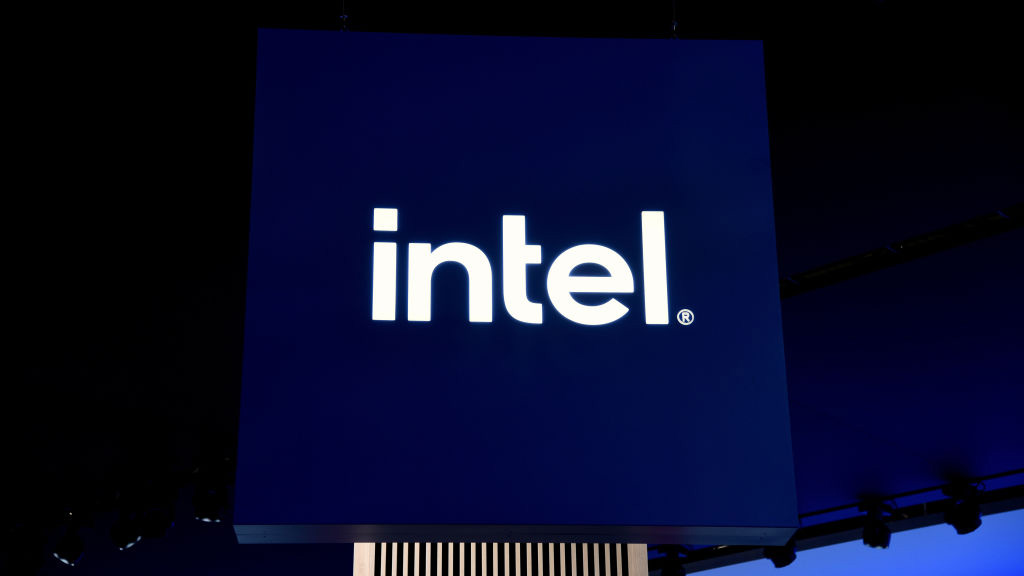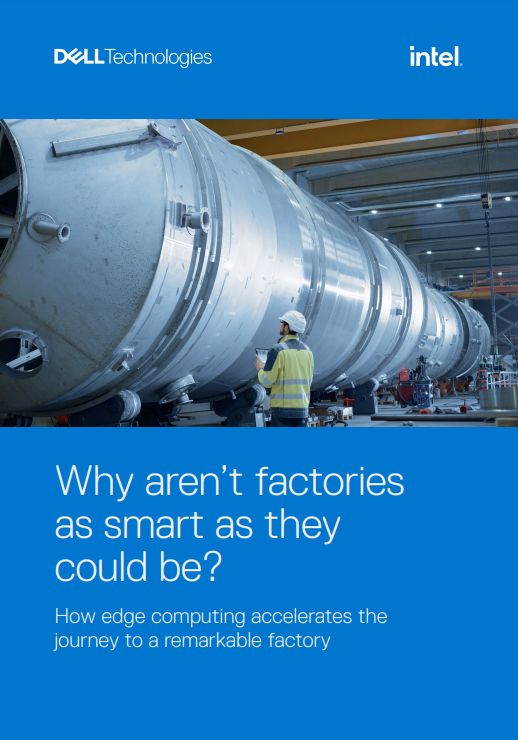Intel plots UK economic boost by turning London into a sustainable city
Firm announces partnership with top London universities to turn the capital into a hub of sustainable activity.

Intel has partnered with Imperial College London and University College London to launch a centre for research into sustainable cities and give the UK economy a much-needed boost.
The Intel Collaborative Research Institute (ICRI) for Sustainable Connected Cities is part of Intel's 48 million a year investment into R&D in the UK.
The three aims of the initiate are to enhance citizen wellbeing; improve the environment and increase economic viability.
The ICRI will be dedicated to solving wide-ranging problems from long commute times to droughts. London will be used as a laboratory, with sensors placed around the city to collect information and measure energy consumption. This information is expected to be made available to citizens through via devices such as smartphones.
Researchers will also collaborate with partners from Tech City in East London to analyse information from social media sites, such as Twitter.
London was chosen by Intel because it is the fifth largest city in the world, has the largest GDP in Europe, and has over 200 ethnic communities amongst its inhabitants.
This makes it a "microcosum of the planet, which cannot be replicated in a laboratory", said Justin Rattner, Intel chief technology officer and director of Intel Labs, during the launch at 10 Downing Street.
Sign up today and you will receive a free copy of our Future Focus 2025 report - the leading guidance on AI, cybersecurity and other IT challenges as per 700+ senior executives
According to Rattner, half of the world's population lives in cities.
These cities consume 75 per cent of the energy and contribute 80 per cent of the greenhouse emissions. By 2050, there will be nine billion people living in cities, piling pressure on infrastructure and resources.
"The megacities such as London, Beijing, and New York will only continue to grow and the aim is to help them make the best use of technology to better the quality of life," Rattner told IT Pro.
"We still may look to have a sustainable city in the US, and look to developing areas such as South America. China is also an interesting region as it is building new cities at present."
-
 Will autonomous robotics leap forward in 2026?
Will autonomous robotics leap forward in 2026?In-depth Connectivity and cost benefits remain barriers, despite breakthroughs in physical AI
-
 AWS and NTT Data team up to drive legacy IT modernization in Europe
AWS and NTT Data team up to drive legacy IT modernization in EuropeNews Partnership between AWS and NTT DATA aims to boost AWS European Sovereign Cloud capabilities
-
 Gaining timely insights with AI inferencing at the edge
Gaining timely insights with AI inferencing at the edgeWhitepaper Business differentiation in an AI-everywhere era
-
 Scaling AI from pilot to production: Maximize AI impact with HPE & Intel
Scaling AI from pilot to production: Maximize AI impact with HPE & IntelWhitepaper Transform AI proof-of-concepts into full-scale implementations
-
 The CEO's guide to generative AI: How will you pay for it?
The CEO's guide to generative AI: How will you pay for it?Whitepaper Open the aperture to see the full picture of IT spend
-
 UK supercomputer boom as HPE and Dell receive funding for new AI cluster
UK supercomputer boom as HPE and Dell receive funding for new AI clusterNews The UK’s AI computing capabilities will increase by an order of magnitude in 2024
-
 AI gold rush continues as Hugging Face snags $235 million from IBM
AI gold rush continues as Hugging Face snags $235 million from IBMNews The investment round, which brings the company's valuation to $4.5 billion, also includes Amazon, Google, Intel, and Salesforce
-
 Why is ASUS reviving Intel’s NUC mini-PC line?
Why is ASUS reviving Intel’s NUC mini-PC line?News The diminutive PC is to rise again while analysts look for the business case
-
 Intel targets AI hardware dominance by 2025
Intel targets AI hardware dominance by 2025News The chip giant's diverse range of CPUs, GPUs, and AI accelerators complement its commitment to an open AI ecosystem
-
 Why aren’t factories as smart as they could be?
Why aren’t factories as smart as they could be?Whitepaper How edge computing accelerates the journey to a remarkable factory